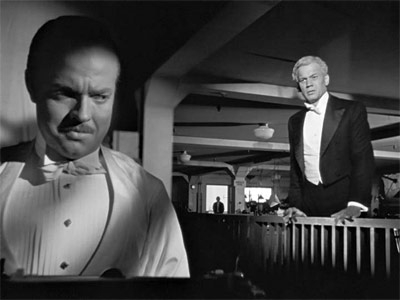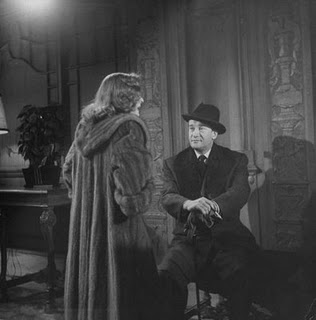 One of the handouts that I distributed to the students who took my course in journalistic arts criticism at Rutgers-Newark University a few years ago was called “The Fifteen Commandments of a Reviewer.” I didn’t keep a copy, but one of my students did, and kindly sent it to me the other day. It might possibly be of interest to you.
One of the handouts that I distributed to the students who took my course in journalistic arts criticism at Rutgers-Newark University a few years ago was called “The Fifteen Commandments of a Reviewer.” I didn’t keep a copy, but one of my students did, and kindly sent it to me the other day. It might possibly be of interest to you.
* * *
1. Be simple. Write in English, not in jargon.
2. Be brief. Stick to the point. When asked for 250 words, don’t write 500 and then cut it in half–write 250 words and then stop.
3. Be specific. Pay attention. If it’s a book, say what it was about, and quote it at least once. If it’s a painting, say how big it is. If it’s an opera, say how long it lasted. (Wear a watch.) One detail can light up a whole review–if it’s the right detail.
4. Always remember that a performance is a news event. Try to make your readers feel they were there. If the audience loved it and you didn’t, say so–nicely. (If somebody on stage drops dead midway through the first act, don’t forget to call the news desk.)
5. Unless you’re writing a capsule review, spend more time describing what you saw than giving your opinion of it. If the description is vivid, the opinion will be implicit.
6. If you have to summarize something, make sure the summary is as readable as the rest of your review.
7. Don’t use the word “I” indiscriminately–but don’t pretend you’re God, either.
8. Don’t hide behind the passive voice.
9. If you’re not good at being funny, don’t even try. It’s not required.
 10. Don’t condescend to your readers. Some of them know more than you do.
10. Don’t condescend to your readers. Some of them know more than you do.
11. Always treat artists with respect. Most of them know how to do something you can’t do.
12. Be fair–but not flabby. Don’t hold the Podunk Chamber Players to the same standards as the Vienna Philharmonic. Everybody gets points for showing up, and more points for getting the curtain up, though not necessarily an A. If a performance is terrible, say so, but insofar as possible, side with its strengths. (Old Irish proverb: If you can’t be easy, be as easy as you can.)
13. At the end of your review, the reader should be absolutely certain that he knows what you thought of what you saw. It’s all right to not be sure, but if you’re not sure, say that, too.
14. Don’t be afraid to be wrong.
15. DON’T BE AFRAID TO BE ENTHUSIASTIC!
